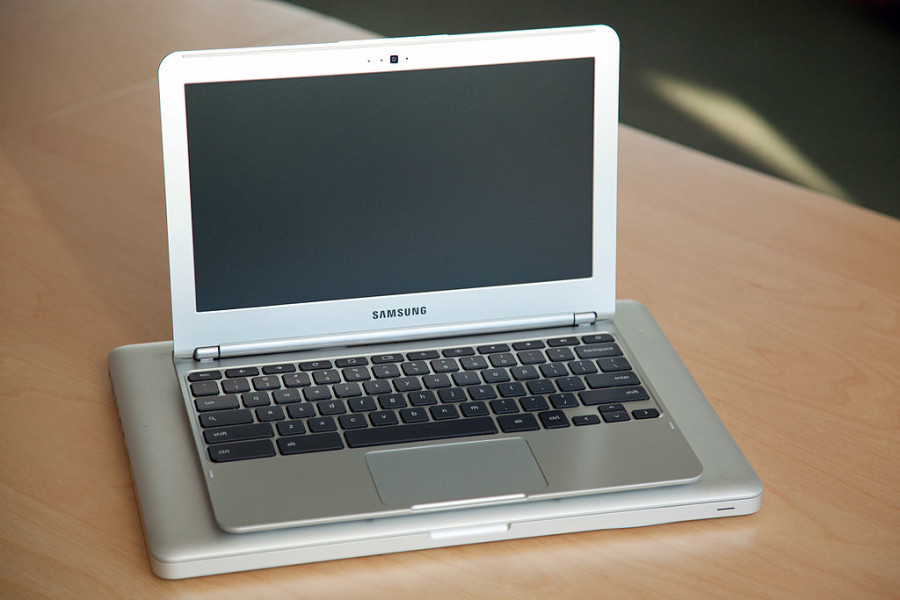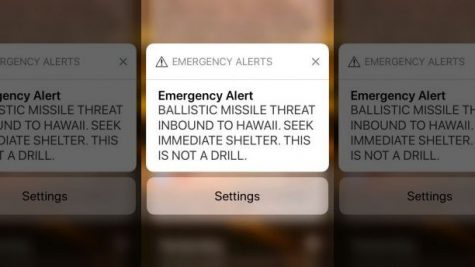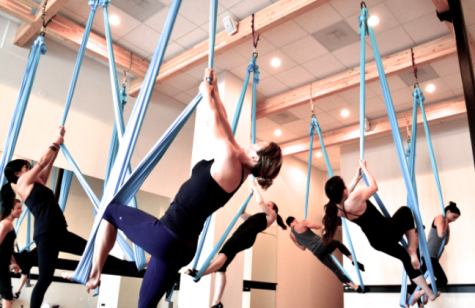Writing versus Typing
Forty years ago, all writing for school was done by hand. Now, schools are moving towards typing instead of writing by hand, and handwriting is losing most of its role in education. In St. Philip’s Junior High, all essays are typed, and every teacher involves the Chromebooks into their lessons. The lower grades use a wide variety of applications for education on iPads for various subjects, including math and English. Taking notes on computers reduces memory retention, although many people prefer typing notes because they can type faster than they can while writing with pen and paper.
A study done last summer by UCLA and Princeton University Scientists found that people who typed their notes took longer notes than their handwriting counterparts, but had less comprehension of the material. Those in the typing group were often able to copy the words of their teacher exactly during lectures, instead of reducing the notes to the most important part. While more notes can be beneficial, the study’s authors, Pam Mueller and Daniel Oppenheimer, found that “laptop note takers’ tendency to transcribe lectures verbatim rather than processing information and reframing it in their own words is detrimental to learning.” The study’s authors believe that the two groups had different cognitive processes when writing, and that affects the memory retention. Those who used pen and paper to write needed to summarize in order to not fall behind the pace of the lecture. When students type they do not need to dissect the information. Instead of thinking about the topic and taking the essential information from the lecture, students on laptops were prone to writing down the lecture word-for-word. Even when the students were warned not to type the notes verbatim, they still learned less.
Another study, conducted in 2012 by by Karin James, a psychologist at Indiana University, found that five-year old children learned to write much more quickly when they wrote freehand, as opposed to tracing letters or typing letters. James gave young children the option to draw a letter on blank paper, trace a dotted outline of a letter, or type the letter. When the children were shown the letter while being monitored with a brain scanner that measured the activity in various areas of their brains, the children who chose to write the letter freehand had much more brain activity in three areas of their brain than those who chose the other two options.
Typing notes on a computer is an attractive option for students, with greater speed than when writing on paper. However, typing notes instead of handwriting reduces comprehension, and memory retention. Also, there are more ways to get distracted when on a computer than when using pen and paper. Writing on paper may be moving out of education, but the benefits still remain.

Paul is an 8th grader at St. Philip the Apostle School. He participates in track, cross country, basketball, flag football, alter serving, academic decathlon,...








